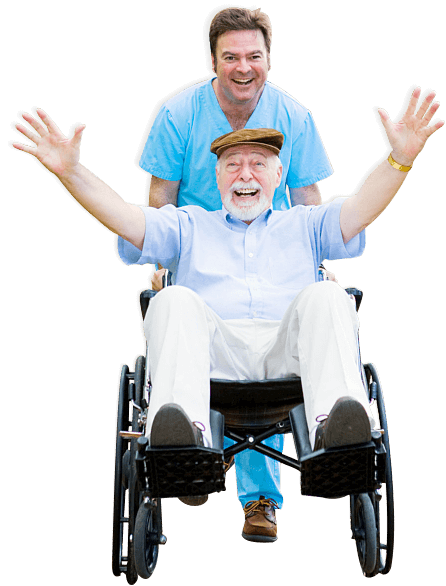As individuals age, the importance of sustaining good health becomes increasingly paramount. Senior care services play a crucial role in enhancing the health and well-being of older adults. This blog post highlights essential guidelines for senior care services to ensure that seniors receive optimal care.
1. Tailored Care Plans
Every senior has distinct health requirements and preferences. Formulating tailored care plans guarantees that each individual receives customized support, which includes:
- Dietary Plans: Personalized nutrition adjusted according to dietary restrictions and preferences.
- Physical Activity Programs: Activities designed for individual fitness levels and mobility.
- Medical Oversight: Routine monitoring of health conditions and medications.
2. Emphasis on Mental Wellness
Mental wellness is a vital component of overall health. Senior care services should incorporate:
- Social Interaction: Fostering social connections through group activities and community events.
- Cognitive Exercises: Engaging activities such as puzzles, games, and reading to maintain mental acuity.
- Emotional Assistance: Providing access to counseling and support groups.
3. Routine Health Assessments
Regular health assessments are crucial for the early identification and management of health concerns. Senior care services should facilitate:
- Medical Appointments: Ensuring timely visits with primary care physicians and specialists.
- Health Screenings: Conducting regular assessments for blood pressure, cholesterol, and other prevalent health issues.
- Vaccination Updates: Making sure seniors are current with recommended vaccinations.
4. Safe Living Conditions
Establishing a secure and comfortable living environment is essential. Senior care services should prioritize:
- Home Adjustments: Implementing handrails, non-slip mats, and adequate lighting.
- Emergency Preparedness: Creating a protocol for emergencies, including easy access to emergency contacts.
- Fall Risk Reduction: Enforcing strategies to mitigate fall risks, such as eliminating tripping hazards.
5. Nutritional Guidance
Proper nutrition is vital for health maintenance. Senior care services can provide:
- Meal Preparation: Structuring balanced and nutritious meal plans that cater to dietary requirements.
- Hydration Encouragement: Promoting regular fluid intake to prevent dehydration.
- Supplement Recommendations: Advising on suitable vitamins and supplements.
6. Physical Engagement
Consistent physical engagement promotes overall health and mobility. Senior care services should offer:
- Fitness Classes: Gentle classes such as yoga, tai chi, or water aerobics.
- Daily Activity: Promoting daily walks or light exercises.
- Rehabilitation Support: Providing access to physical therapy for those recovering from injuries or surgeries.






